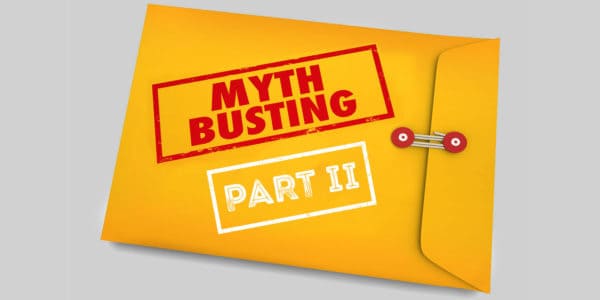At first glance, many people will wonder if there is any difference between self-employed and sole trader.
In fact, although these terms are sometimes used interchangeably, they have entirely different legal definitions. In this blog, we will consider the meanings of employed vs sole trader and the differences between them.
What is a sole trader?
The term “sole trader” refers to the type of business structure.
A sole trader carries out business as an individual. This differs from a limited company, which is an incorporated business entity. It also differs from a partnership which, although not an incorporated structure, involves at least two people working together in business.
Although a sole trader can use a business name, there is no legal distinction between the individual and their business. As a result, sole traders are personally liable for all of their business debts. This is unlike the case of a limited company, where liability for the debts of the business is limited to the value of shares and investments in the company.
When considering the terms self-employed and sole trader, it’s important to remember that the former term refers to the business structure, as opposed to the way in which someone works, which is covered by the latter term.
What happens if a sole trader forms a company?
Sometimes a sole trader will decide to change their business structure by registering a limited company.
If they do this, they will lose their status as a sole trader, but they might still be self-employed.
What does it mean to be self-employed?
As we have discussed, when considering the terms self-employed and sole trader, we need to remember that sole trader just refers to the chosen business structure. Self-employed, however, refers to the way in which an individual works for the purposes of tax and employment law.
If someone does not have a contract of employment and does not receive their salary through PAYE, they will usually be classed as self-employed and will need to pay their own tax through Self Assessment. They will not have employment law rights if they are classified as self-employed.
An individual may be classed as self-employed for tax purposes and/or employment law purposes. Let’s take a look at how to assess whether someone is classed as self-employed for these two purposes:
Tax
An individual will generally be considered as self-employed for tax purposes if most of the following criteria apply to them:
- they run their own business
- they have the ability to decide if and how to perform work
- they have an entitlement to subcontract out work
- they have responsibility for rectifying any unsatisfactory work without being paid extra
- they are working on a fixed price basis instead of an hourly rate
- they have an entitlement to work for other clients
- they use their own materials, tools, etc. for the performance of work
Employment law
For the purposes of employment law, if most of the following criteria apply to an individual, they will probably be classed as self-employed:
- they need to provide quotes to obtain work
- they lack any direct supervision
- they provide regular invoices for payment of work
- they complete annual Self Assessment tax returns
- they have no entitlement to holiday or sick pay
- their contract includes terms such as ‘self-employed’, ‘consultant’ or ‘independent contractor’
It is important to differentiate people who are self-employed from workers and employees.
Workers have some rights under employment law, such as entitlement to the National Minimum Wage (NMW) and the statutory minimum level of paid holiday.
Employees have the full range of employment law rights and will receive their salary through PAYE.
Is a sole trader always self-employed?
If someone conducts business as a sole trader, they will be self-employed. It is possible for them to also be an employee or a worker for another business at the same time.
If a sole trader converts to an incorporated business structure by starting a company, they can remain self-employed company owners and directors.
Alternatively, they can choose to become employees of their own company, in which case they will need to pay themselves via PAYE.
So, although the term “self-employed” has an entirely different legal meaning to “sole trader”, it is important to remember that both of these terms will often apply to an individual; a business owner who operates as a sole trader will also be self-employed.
On the other hand, someone who is self-employed will not necessarily be a sole trader; they might be running their business as a limited company.
Please note that the information provided in this article is for general informational purposes only and does not constitute legal, tax, or professional advice. While our aim is that the content is accurate and up to date, it should not be relied upon as a substitute for tailored advice from qualified professionals. We strongly recommend that you seek independent legal and tax advice specific to your circumstances before acting on any information contained in this article. We accept no responsibility or liability for any loss or damage that may result from your reliance on the information provided in this article. Use of the information contained in this article is entirely at your own risk.










Join The Discussion